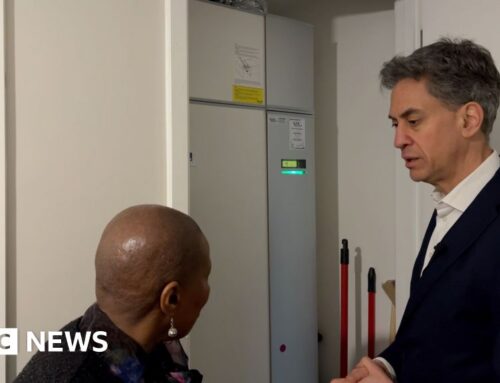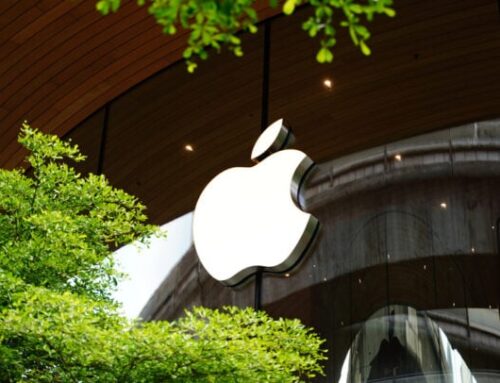Global trade tensions are boosting Bitcoin’s strategic allure
April 5, 2025
US President Donald Trump’s new reciprocal tariffs on 180 countries have reignited global trade tensions, which has led to fresh interest in Bitcoin (BTC) as a strategic financial asset, according to VanEck’s head of digital assets, Matthew Sigel.
Following the April 2 announcement, Bitcoin dipped to the $81,000 range amid broader risk-off sentiment. However, the flagship crypto stabilized and outperformed equities in the days that followed.
Sigel attributed the resilience to Bitcoin’s growing appeal as a neutral asset in times of economic uncertainty. He wrote in an April 4 client note:
“While slower growth alone isn’t bullish for Bitcoin, the potential policy response is: if tariffs drag on GDP without sparking a new inflation wave, the Fed may have scope to cut rates.”
He added that this would reintroduce the liquidity conditions under which “Bitcoin has historically excelled.” He also pointed to the growing appeal of neutral financial infrastructure as traditional systems become increasingly politicized or “weaponized.”
Nations adopting Bitcoin
Sigel pointed to recent developments that demonstrate how Bitcoin’s role in global trade continues to evolve, with several nations turning to digital assets for cross-border settlement.
Intelligence reports revealed that China and Russia have begun settling select energy transactions in Bitcoin and other digital assets, marking a significant departure from traditional dollar-based systems.
Bolivia, facing constraints on foreign reserves and payment networks, announced in March a plan to import energy using digital assets as payment rails.
In Europe, French state-backed utility EDF is exploring Bitcoin mining as a use case for excess electricity it currently exports to Germany at a loss. EDF reportedly views domestic mining as a way to monetize surplus supply in a volatile energy pricing environment.
According to Sigel:
“These aren’t theoretical use cases anymore. We’re seeing monetary realignment in real-time.”
He argued that the tariffs may act as a catalyst for this transition by forcing nations to reassess their reliance on US-dominated financial systems.
He wrote:
“In that context, the latest tariffs aren’t just an economic story, they may be an accelerant for Bitcoin’s role in the emerging multipolar order.”
Fed, Dollar Index, and ETF flows
Sigel advised investors to track Federal Reserve policy closely, as dovish shifts in rate expectations and rising liquidity historically boost Bitcoin.
He also pointed to the US Dollar Index (DXY) as a critical indicator, suggesting that any dollar weakness could reinforce Bitcoin’s status as a hedge.
Despite recent market volatility, US-listed spot Bitcoin ETFs remain net positive by approximately $600 million this year, supported by inflows in late March.
Sigel noted that continued demand for ETF products and on-chain activity reflects growing institutional interest.
Mentioned in this article
Posted In: Bitcoin, Adoption, Analysis, Crypto, Featured, Macro
Search
RECENT PRESS RELEASES
Related Post




